Showing 1-15 of 113 results
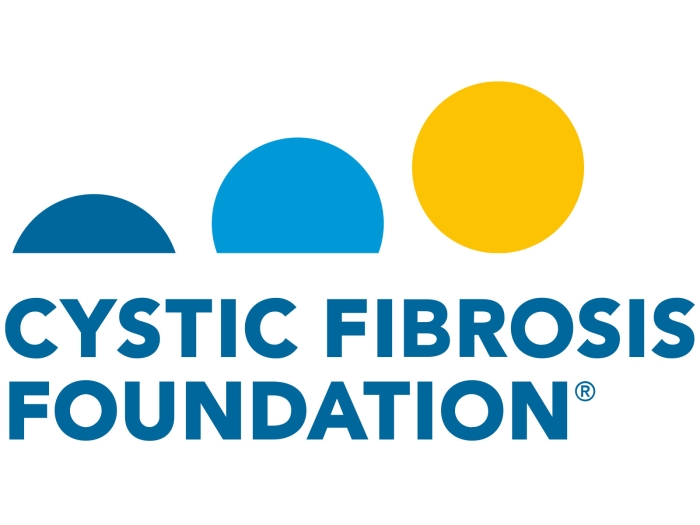
Department News
Assistant Professor Rachel Niederer of the Department of Biological Chemistry at U-M Medical School is one of the recipients of a collaborative award from the Cystic Fibrosis Foundation.
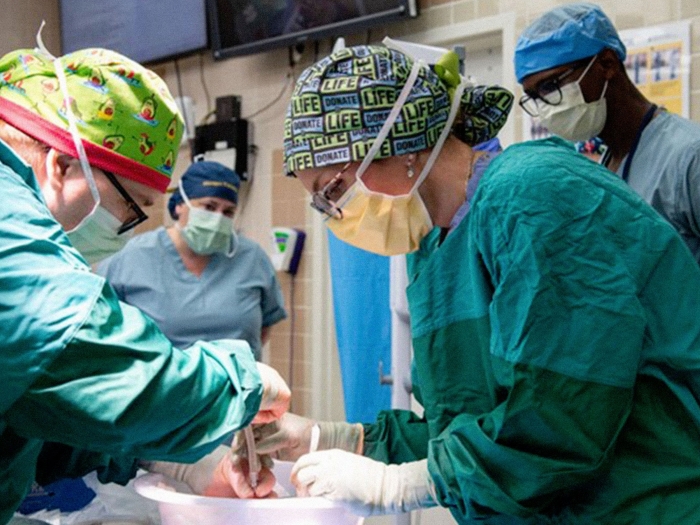
Health Lab
A Michigan Medicine surgeon builds a sustainable kidney transplant program in Rwanda.
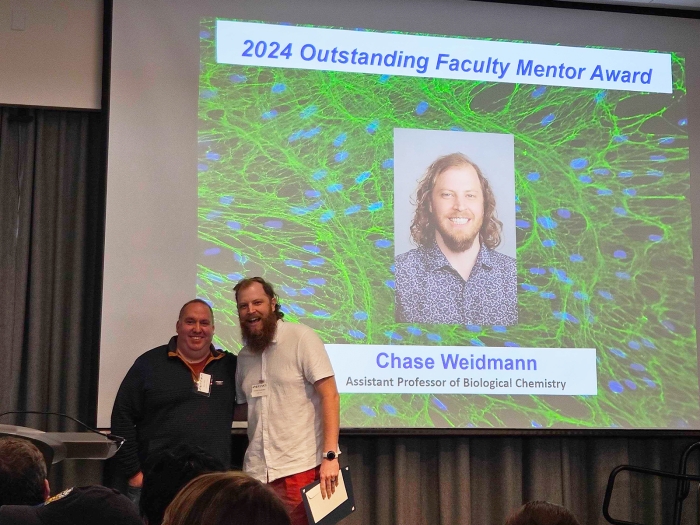
Department News
Assistant Professor Chase Weidmann of the Department of Biological Chemistry at U-M Medical School is the 2024 recipient of the Outstanding Faculty Mentor Award from the CMB Program.

Department News
Yan Zhang, PhD, Jeanne Stuckey, PhD, Markus Ruetz, PhD, Michael Cianfrocco, PhD, and Wei Cheng, PhD, have been promoted.
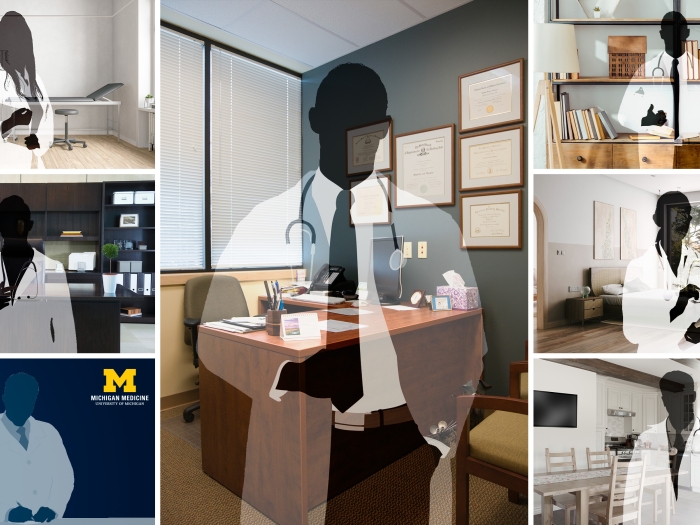
Health Lab
A study reveals that what a doctor has behind them during a telehealth visit can make a difference in how the patient feels about them and their care.

Health Lab
The newest version of the heparin reversal drug, described in a recent issue of Advanced Healthcare Materials, adjusted the number of protons bound to it, making the molecule less positive so it would preferentially bind to the highly negative heparin, resulting in a much safer drug.

Health Lab
A team of researchers have spent the past eight years looking at better ways to transport organs for donation, specifically hearts, to improve the number of organs that can be used for transplants. They found that using a modified normothermic perfusion system heart preservation was feasible for up to 24 hours.
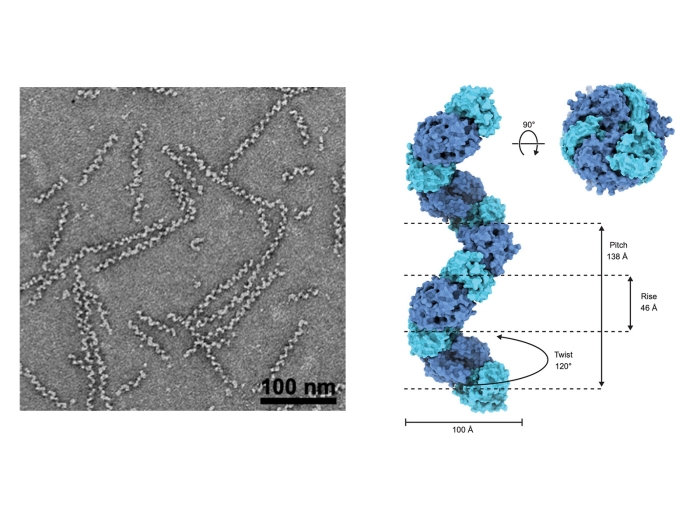
Department News
Recent research achievements from the Giessen lab.

Health Lab
The availability of clinical trials of new treatments for cancer varies greatly by geography, and a new study shows more socially vulnerable areas have far fewer.

Health Lab
People over 50 of all backgrounds say they’re most concerned about various kinds of health costs affecting people their age, including insurance, prescriptions, medical care, dental care and home or longterm care.

Health Lab
Researchers improved memory and reduced neuroinflammation in a mouse model of Alzheimer’s Disease, suggesting another avenue for potential treatment.

Health Lab
An end-of-life care specialist discusses the shortfalls of hospice care coverage for people with dementia, using the experience of former President Jimmy Carter and former First Lady Rosalynn Carter as examples.

Health Lab
Buprenorphine prescribing for opioid addiction used to require a special waiver from the federal government, but a new study shows what happened in the first year after that requirement was lifted.

Health Lab
Overuse of antibiotics can lead bacteria to evolve antimicrobial resistance, but Americans are still receiving the drugs for many conditions that they can’t treat.